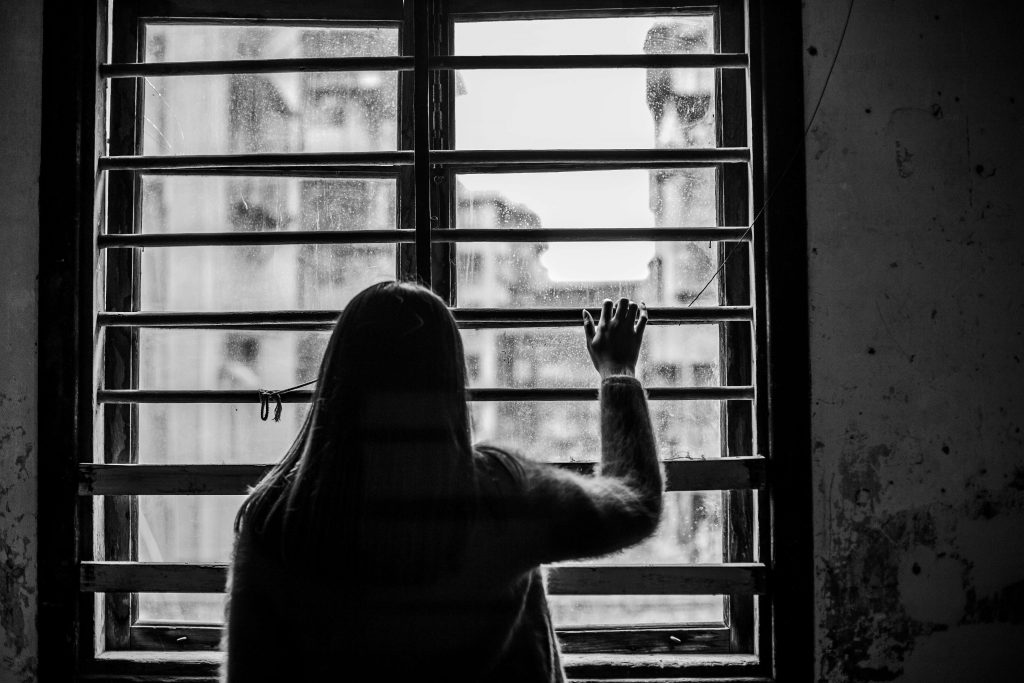Many teens (and many parents) consider sexting as a harmless behavior because no sexual activity happens.
But this is just a small part of the story, when those photos/videos/messages are shared widely, even intentionally or not, teens have no control over how and where images and messages might be shared online, this can leave them at extremely high risk of online bullying, humiliation, and blackmail.
Let’s dive deep into what is sexting, why teens sext, and what parents need to know to educate your children about this.
What is sexting?
Sexting is sending, receiving, or forwarding sexually explicit content via text or email.
According to Internet Matters, sexting is most prevalent among those aged 15 and over with 17% having sent a nude or sexual image of themselves to others. For 13 years old, it is 4% and 7% for 14 years old.
According to Safer Internet, WhatsApp and Snapchat are the most commonly used apps by teens to sext.
Why teens sext?
They want to explore sex and relationships
Exploring sex, gender and relationships is a natural part of adolescence. Teens often feel that expressing those sexual feelings with sexual photos will show their love and trust to their partners.
However, sometimes children might be put under pressure to take pictures of themselves to please a demanding boyfriend or girlfriend or they do it because “Everybody is doing it!” – called peer pressure.


They want to do “new” things, especially during COVID-19
Being constantly at home makes children easily feel bored and motivated to do something new, leading to many children viewing sexting as one of the “exciting” behaviors to do during the epidemic season.
However, what adults and children differ is: children’s prefrontal cortex is not fully developed. In other words, adolescents are often impulsive because the prefrontal cortex, which plays an important role in controlling temperament and personality, is not yet fully developed.
At this age, your child will be faced with fluctuating hormone levels, mood swings, and emotional changes that keep your child from being mature and wise enough to manage these issues safely.


From here your child is prone to risky behaviors, and these risky behaviors, can leave bad effects on your child and last forever.
Another reason: online sexual attackers
There are LOTS of online predators out there who use social media platforms, communities, peer-to-peer networks, group chats to disguise as children, entice other children to send them sexually explicit images/videos, which they can then distribute and/or used to blackmail the child into other forms of sexual exploitation.
Lots of children who severely suffer from the mental consequences of sexting are always worried that people they meet will recognize them in those materials.


According to sexting facts and statistics, child pornography materials saw a 30% increase during the epidemic period in 2021 compared to the previous year. Online predators entice children to achieve the ultimate goal of sexually harming children in real life.
However, the epidemic has forced people to social distance, so these attackers have become even crazier and are looking for new and more interesting genres of child pornography to satisfy their own desires.
From there, they find ways to reach more children, using more sophisticated tricks to entice children to send them pornographic images and videos. That’s why online enticement reports are up 98% in 2020 compared to 2019.


What are the consequences of sexting?
According to an Internet Matters survey, 78% of young people consider sexting as a harmless activity because they saw nothing bad happen after they shared a nude photo, the information below will change their mind.
Sexting is illegal for under 18 years old
When children engage in sexting behavior that the other person (under 18) creates an indecent image or they (under 18) create those photos, is illegal. Distributing a nude/sexual photo of a child by sending it via text, email is also deemed against the law.
Risks of extortion/blackmail
There have been many cases where children were threatened to release images if they did not follow the attacker’s demands (sending more pornographic images/videos, engaging in sexual harassment, sex trafficking for commercial purposes), or giving them the money they want.
To protect their reputation, many young people, after being threatened, will try to give the predators any amount of money they ask for. They were too embarrassed to call for help and decided to do it themselves.

When the problem becomes too serious to handle, many children are severely affected psychologically, leading to suicide or participating in illegal acts to earn money.
Once that explicit content spreads over the internet, there is no way to stop it. It’s like digital footprint, even you delete something you post right away, it remains forever online. Your children’s reputation is now negatively affected both at school and in their community. It may affect their career possibilities in the future.
Online bullying
People judge your children just based on their appearance and have hurtful comments about them. Every user on the Internet can stay anonymous, they can talk whatever they want and don’t care about other feelings, so it might be upsetting when those images/messages are leaked or shared widely.
Try and you might love this:















